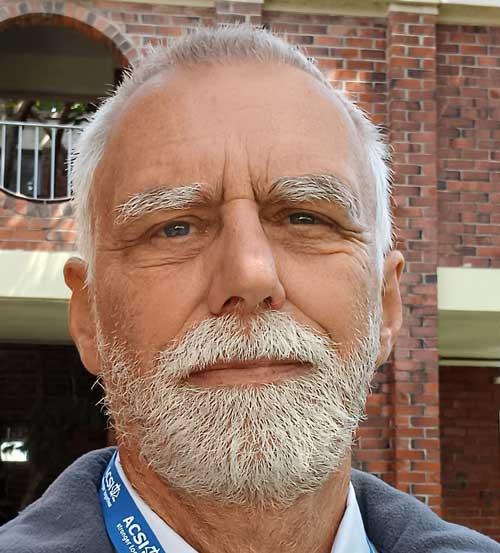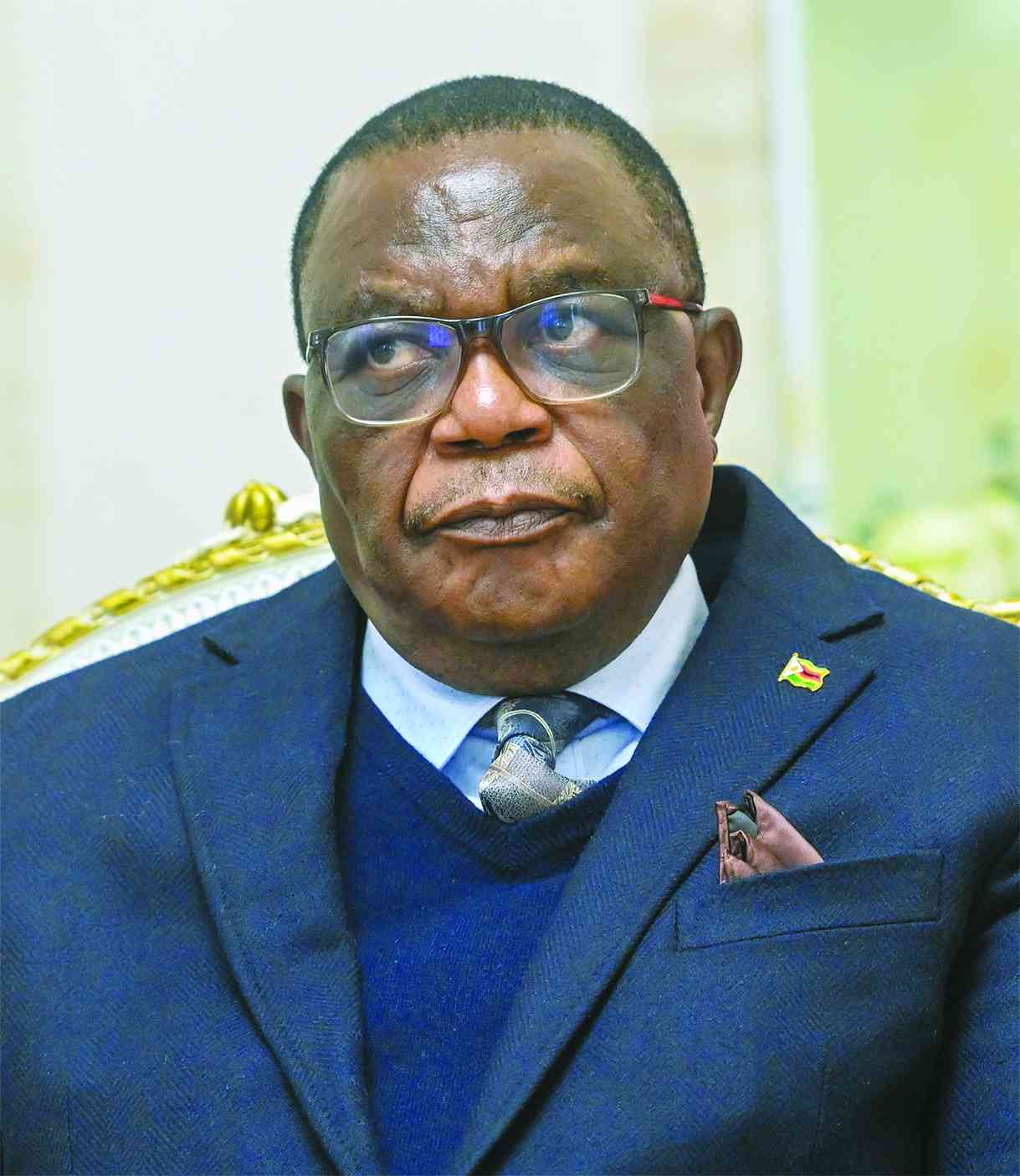
When we meet someone for the first time, we tend to greet them with a “How do you do?” It is in the form of a question but generally, we are not really expecting a specific answer.
Alternatively, when we pass someone in the street, we may say “Afternoon, how are you?” Again, the answer tends to be a very ordinary “I’m good, thanks. How are you?” [We might just throw in the observation here that we were not asking them how well behaved or good they were but we shall leave that aside for the moment!]
We might then ask them, by way of getting to know them, “So, what do you do?” We are then comfortable enough, it would seem, to know what job they do, by which information we will slot them into our own categories.
Of course, we probably all have come across a person who asks (or rather threatens), even before we have had the opportunity to ask, “Do you know who I am?” and before we have had time to answer, he proudly announces that “I am a VIP”.
He does not give us a name or a description of his character but he tells us what he does. It is his position rather than his person that he decrees we should know, even if we ourselves do not consider such a person with such an attitude to be very important.
Our first introduction then, it would seem, always centres on what someone does – how do you do? – even if our desire is more to know who they are.
It is often said that it is every boy’s (and girl’s?) dream to play sport for their country, perhaps none more so than New Zealanders with their burning desire to play for the All Blacks rugby team, to put on that iconic special black shirt with the white fern.
When the privileged few do achieve such a goal, they are made responsible for ensuring that they leave the shirt in a better place.
- A celebration of being together
- School of sport: For everything there is a season
- Moot team extends begging bowl
- School of sport: MAN UNITED IN GLORY
Keep Reading
It is not something to be taken lightly, by any means. They have the responsibility to represent the whole country, on the field and off it.
However, it should be noted that another of their mantras is to say that “Rugby is what we do, not what we are.” That should be read again, carefully. “Rugby is what we do, not what we are.”
It is underlining that rugby does not define them; it is not what they are, or indeed who they are. They play rugby at the highest level; they achieve phenomenal success; they play in front of huge crowds in crucial matches; their faces are known far and wide.
Yet it is just their job, like each one of us has a job. They are just a rugby player. There is more to life than rugby; there is more to them than rugby.
The mantra underlines their other well-known one that “A better person makes a better player”.
This is such an important lesson we need to convey to all our youngsters growing up and playing sport, especially those who may be dreaming of playing for their own particular country. Sport is what we do, not what we are.
The pupil who plays first team for their school in any sport is no more important or better than anyone else at the school.
Playing for the school team, putting on the treasured jersey, running out in front of proud parents, that is not what matters in determining who they are.
We may fill our CV with all such achievements in sport but they will not define us. It is just some things that we have done. It is not who we are.
What is more important is how we do our sport. That is what will show who we really are as a person.
The test is if sport has made us a better person; success and failure in sport (however we choose to categorise them) will affect who we are, maybe for the better, possibly for the worse.
A VIP may not be a very inspirational person; indeed a VIP might become a very ingratiating, insufferable, impudent, ignominious, ignorant person by what they do.
It needs also to be said that it is not just pupils that need to learn this crucial life principle.
Schools, and indeed parents, need to remember it. Let us be clear, sport is what a school does, not what it is.
A school’s sporting achievements do not define it as a school; they do not determine whether it is a good a school or not.
Better people make a better school. A school is not a VIS (very important school) just by its name or its results.
How they go about doing (and reacting to) sport is far more telling than what they do. Sport is what a school does, not what it is.
Do you know what I am saying?







